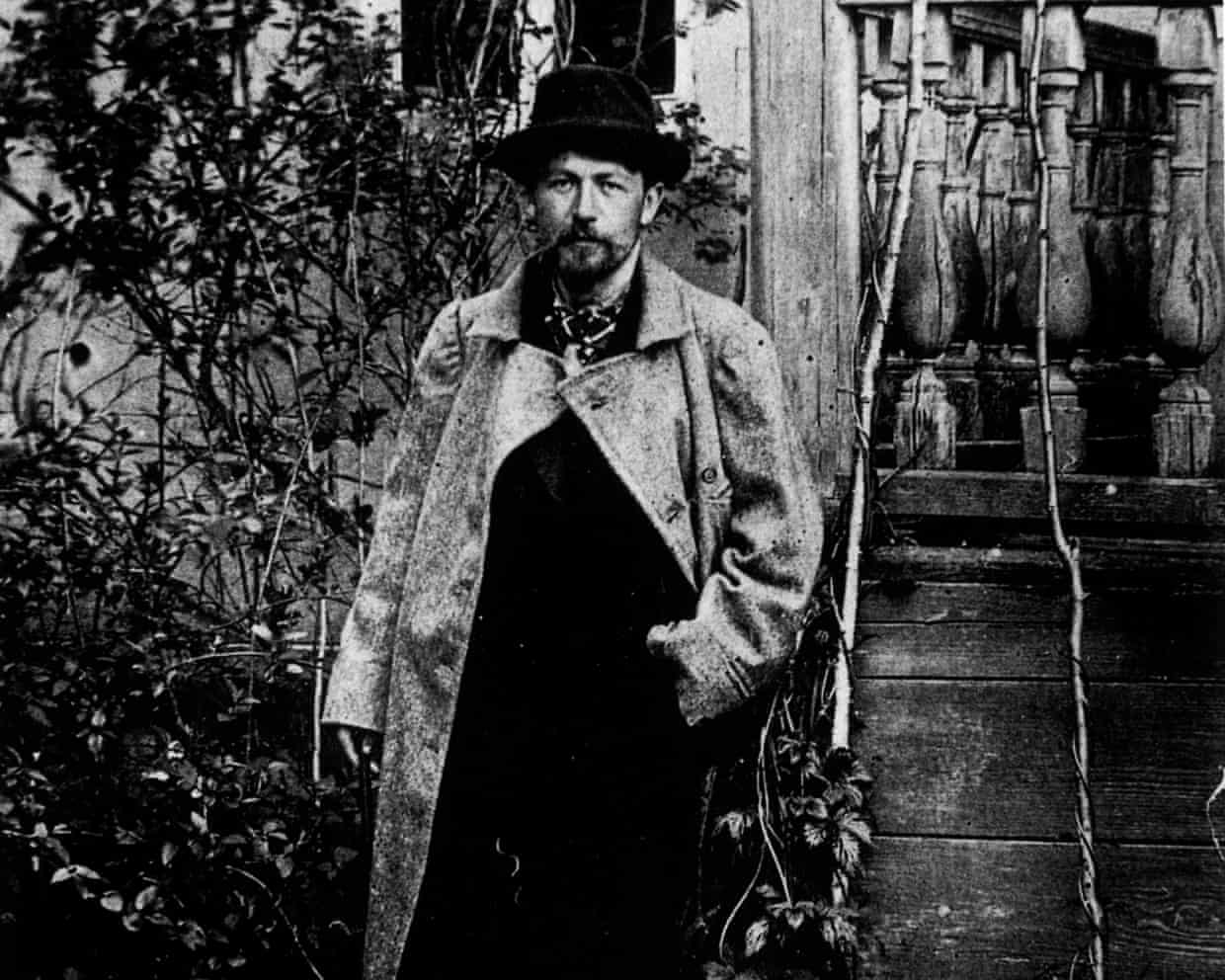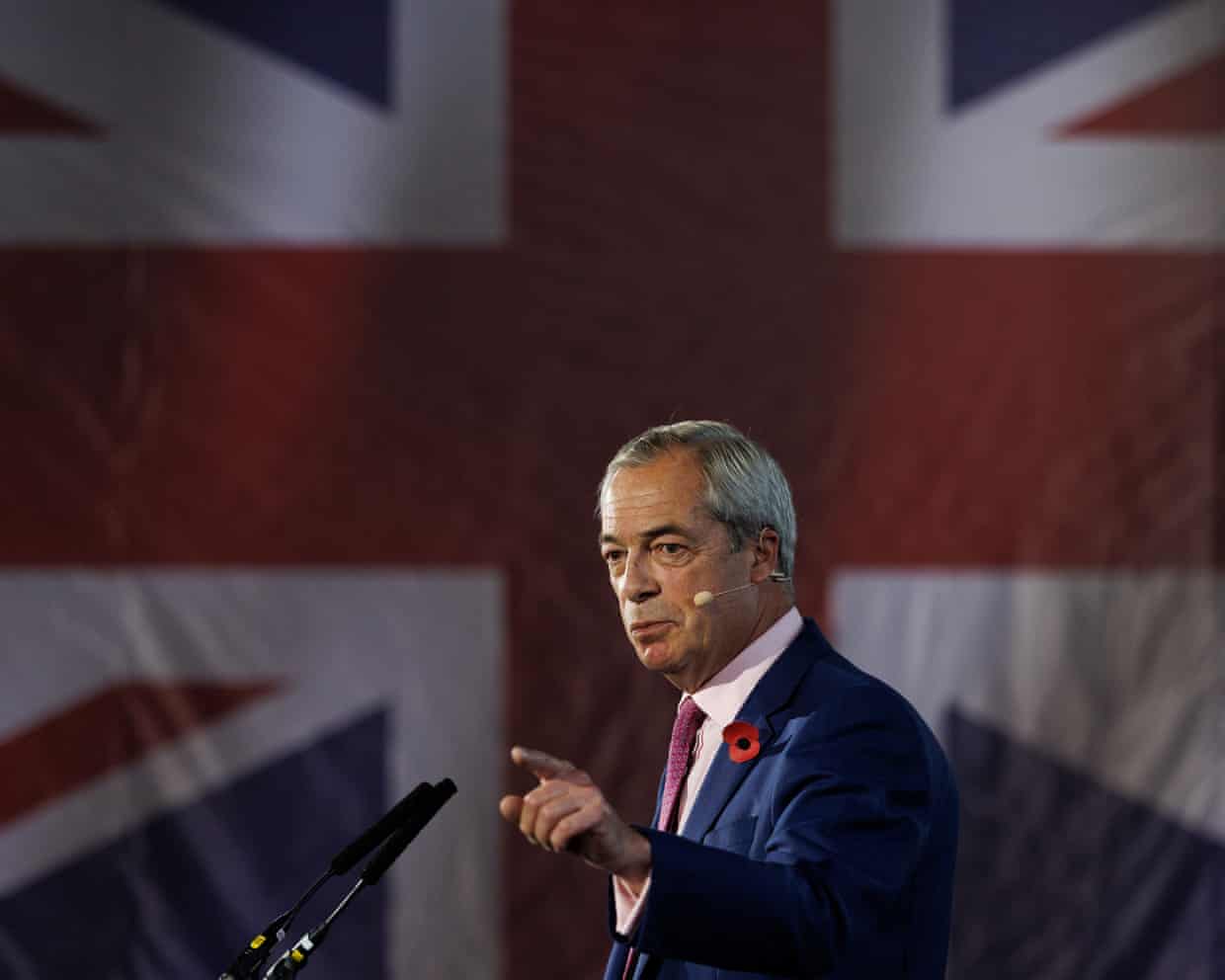‘He was just trying to earn a few kopecks’: how newly translated stories reveal Chekhov’s silly side

Few writers are as universally admired as Chekhov,As Booker winner George Saunders puts it, “Chekhov – shall I be blunt? – is the greatest short story writer who ever lived,” Novelists from Ann Patchett to Zadie Smith cite him as an inspiration,His plays The Seagull, Three Sisters, Uncle Vanya and The Cherry Orchard still pack out theatres internationally,In the past year alone, Andrew Scott wowed audiences in his one-man Vanya for London’s National Theatre and Cate Blanchett took on the role of Arkadina in The Seagull at the Barbican.
But how much did you know about his silly side?Anton Chekhov: Earliest Stories offers the first comprehensive translation in English of the stories, novellas and humoresques that the Russian author wrote in the early 1880s.And it is supremely juvenile in the best way.The reason many of these stories are now appearing in translation for the first time is because, explains editor Rosamund Bartlett, they have never been regarded by commercial publishers as “worthy” of Chekhov’s reputation.They are too childishly comical.During the translation process, she says, “we would just collapse in fits of giggles”.
Bartlett, the author of acclaimed biographies of Chekhov and Tolstoy, and her co-editor Elena Michajlowska, a UK-based Russian film-maker, run the Anton Chekhov Foundation, a charity whose starry patrons include Ralph Fiennes, Tom Stoppard and Kenneth Branagh.The foundation was originally set up to preserve Chekhov’s White Dacha in Yalta.When Russia annexed Crimea in 2014 this work was no longer possible, so instead they came up with the “crazy, idealistic idea” of sourcing 80 volunteer translators across the globe – from school students to retired academics – to translate these previously unseen stories.Written by Chekhov between the ages of 20 and 22, they are full of experimental wordplay, nonsense names and onomatopoeiac idiocy, from the village of Eaten-Pancakes (“Bliny-S’edeny”) in the opening story, Letter to a Learned Neighbour, to railway stations called Crash, Bang, Wallop, Run for Your Life and Swindler Town in On the Train, and a character called Second Lieutenant Zyumbumbunchikov in Before the Wedding (it means nothing, but say it aloud and it’s genius).These 58 stories, written under numerous pseudonyms, are little known, even among experts, says Bartlett.
“Chekhov is better known as a writer of stories in Russia than of plays, and these stories remind us that he began as a humorist,” she says.“Not all of them are funny, or even intended to make us laugh, but a great many are totally frivolous – as one would expect from a 20-year-old medical student just trying to earn a few kopecks writing for comic journals.”Chekhov’s father had recently been declared bankrupt, so he was paying for his own education while also supporting the rest of his family.He wanted to conserve his real name for publication in respected scientific journals.Within a few years, however, it had become evident that – whether he liked it or not – he was a writer and his writing was worth taking seriously.
By the mid 1880s, he had formulated the now legendary idea that medicine would be his “lawful wedded wife” and writing his mistress,(“When I’ve had enough of one, I can go and spend the night with the other,”)Chekhov was never a fan of his own work, whether prose or plays,He was modest about even his most famous and beloved short stories The Lady With the Dog (about a love affair in Yalta), Ward No 6 (about a doctor who is sick of his profession) and The Darling (about a woman who is ludicrously co-dependent, long before the term was invented),After a disastrous first outing of The Seagull in 1896 he was so mortified that he fled the theatre: “I shall never either write plays or have them acted.
” (The play was staged by Konstantin Stanislavski in 1898 to great acclaim.) In 1888, he wrote to his editor that he doubted any of his stories would “survive in people’s memory for even a decade”.His doubts never made him less prolific.In 1884 alone – the year he graduated as a doctor – he published more than 100 stories.By the time he died in 1904 of tuberculosis at the age of 44, that number had climbed to more than 500.
This collection is published at a fragile cultural moment.Ukrainian writers including Oksana Zabuzhko, Olesya Khromeychuk and Oleksandr Mykhed have argued for a critical re-evaluation of Russian literature – and for more space for Ukrainian voices and culture.“The revulsion many Ukrainians feel now for Russian literature due to the war is understandable,” says Bartlett.“But even those who repudiate it often make an exception for Chekhov, for good reason.”Crucially, Chekhov does not belong to Putin’s Russia, she says.
“He was never an imperialist, he couldn’t stand the jingoism of a writer like Dostoevsky, and the country is not littered with statues of him,Chekhov was a quarter Ukrainian himself, and grew up in Taganrog, a town historically part of Ukraine,During his childhood he and his brothers used to stage amateur productions of plays in Ukrainian – the language was part of his birthright,Chekhov occasionally used Ukrainian sayings, and we have highlighted them and explained their meaning in the annotations,”Bartlett suggests that it shouldn’t be a case of reading “either/or”: “Increasing our familiarity with Ukrainian writers should not have to exclude the possibility of discovering new works by Chekhov.
We need to keep reading, and read more.” Zyumbumbunchikov can’t be a bad place to start.Anton Chekhov: Earliest Stories: Stories, Novellas, Humoresques, 1880–1882, edited by Rosamund Bartlett and Elena Michajlowska, is published by Cherry Orchard.

B&Q owner holds firm – but others might struggle if a ‘softening’ retail market turns soggy
Just what an embattled chancellor needs on the eve of a tax-raising budget: a leading retailer upping its profits forecast and singing about the joys of the UK economy.Unfortunately, only the first bit is true. Kingfisher, owner of B&Q and Screwfix (and similar businesses in France and Poland), raised its profit expectations for its current financial year from £480m-£540m to £540m-£570m.But it definitely didn’t ooze confidence in the UK outlook. Rather, Kingfisher noted “softening market conditions” and added: “We continue to be mindful of inflation, uncertainty ahead of the autumn budget and the softening labour market

UK sugar tax to be extended to more soft drinks and milkshakes; markets rally ahead of the budget – as it happened
Britain will end the exemption for pre-packaged milkshakes and milky coffees from an existing tax on sugary drinks from January 2028, the health department has announced.The sugar tax, also known as the soft drink industry levy (SDIL), is a tax on pre-packaged drinks such as those sold in cans and cartons in supermarkets.It was introduced by the Conservative government in 2016 to help drive down obesity, particularly among children.The Health Department has announced that:the government will reduce the current lower threshold at which SDIL applies from 5g of total sugars per 100ml to 4.5g of total sugars per 100mlthe government will remove the current exemption for milk-based drinks with added sugar

Europe loosens reins on AI – and US takes them off
Hello, and welcome to TechScape. I’m your host, Blake Montgomery, writing to you from an American grocery store, where I’m planning my Thanksgiving pies.In tech, the European Union is deregulating artificial intelligence; the United States is going even further. The AI bubble has not popped, thanks to Nvidia’s astronomical quarterly earnings, but fears persist. And Meta has avoided a breakup for a similar reason as Google

Macquarie Dictionary announces ‘AI slop’ as its word of the year, beating out Ozempic face
AI slop is here, it’s ubiquitous, it’s being used by the US president, Donald Trump, and now, it’s the word of the year.The Macquarie Dictionary dubbed the term the epitome of 2025 linguistics, with a committee of word experts saying the outcome embodies the word of the year’s general theme of reflecting “a major aspect of society or societal change throughout the year”.“We understand now in 2025 what we mean by slop – AI generated slop, which lacks meaningful content or use,” the committee said in a statement announcing its decision.“While in recent years we’ve learnt to become search engineers to find meaningful information, we now need to become prompt engineers in order to wade through the AI slop. Slop in this sense will be a robust addition to English for years to come

England have no plans to reward Borthwick with new deal despite winning run
The Rugby Football Union has no plans to begin talks with Steve Borthwick over extending his contract beyond 2027 “for the foreseeable future” despite England’s 11-match winning streak and autumn clean sweep.Borthwick’s contract runs until the end of 2027 but with England halfway through the current World Cup cycle and currently third in the world rankings, the RFU chief executive, Bill Sweeney, has no immediate intention of discussing an extension in a sea change from the union’s previous approach.During his tenure, Sweeney has made it a priority to improve England’s succession planning, appointing Nigel Redman as team performance director, but the chief executive has raised the prospect of Borthwick heading into the 2027 World Cup unclear if he will continue beyond the competition.Indeed, with a little more than 18 months and only 17 matches before England begin World Cup preparations, Sweeney is in no rush to tie Borthwick down.Borthwick’s predecessor, Eddie Jones, was appointed in late 2015 through to the 2019 World Cup but in January 2018 his contract was extended through to 2021 by the then chief executive, Steve Brown

Mitchell Starc has got England’s number as Ben Stokes faces a dirty dozen in Brisbane
A while ago there was an advert in England for directory enquiries that featured two runners in vests with droopy handlebar moustaches. “118, Got Your Number!” the two would holler from various mise en scene. It was big for a while, puncturing the zeitgeist before drifting away as these things tend to. After Mitchell Starc pocketed Zak Crawley for a first-over duck for the second time in the Perth Test with a sinew stretching caught and bowled the retro catchphrase sprang to mind – “695, Got Your Number!”.Not much later, Ben Stokes nicked a Starc laser beam to Steve Smith at slip

Reform’s ‘Trumpian’ legal threats hint at more aggressive approach to media

Nigel Farage’s shifting answers on school-days racism claims – a timeline

Nigel Farage responds to racism claims saying he never ‘tried to hurt anybody’

BBC finds its happy place inflicting latest round of self-harm | John Crace

UK politics: Risk of Maccabi Tel Aviv facing antisemitic attacks not ‘predominant’ reason for match ban, police tell MPs – as it happened

Political corrrectness that made me laugh | Brief letters